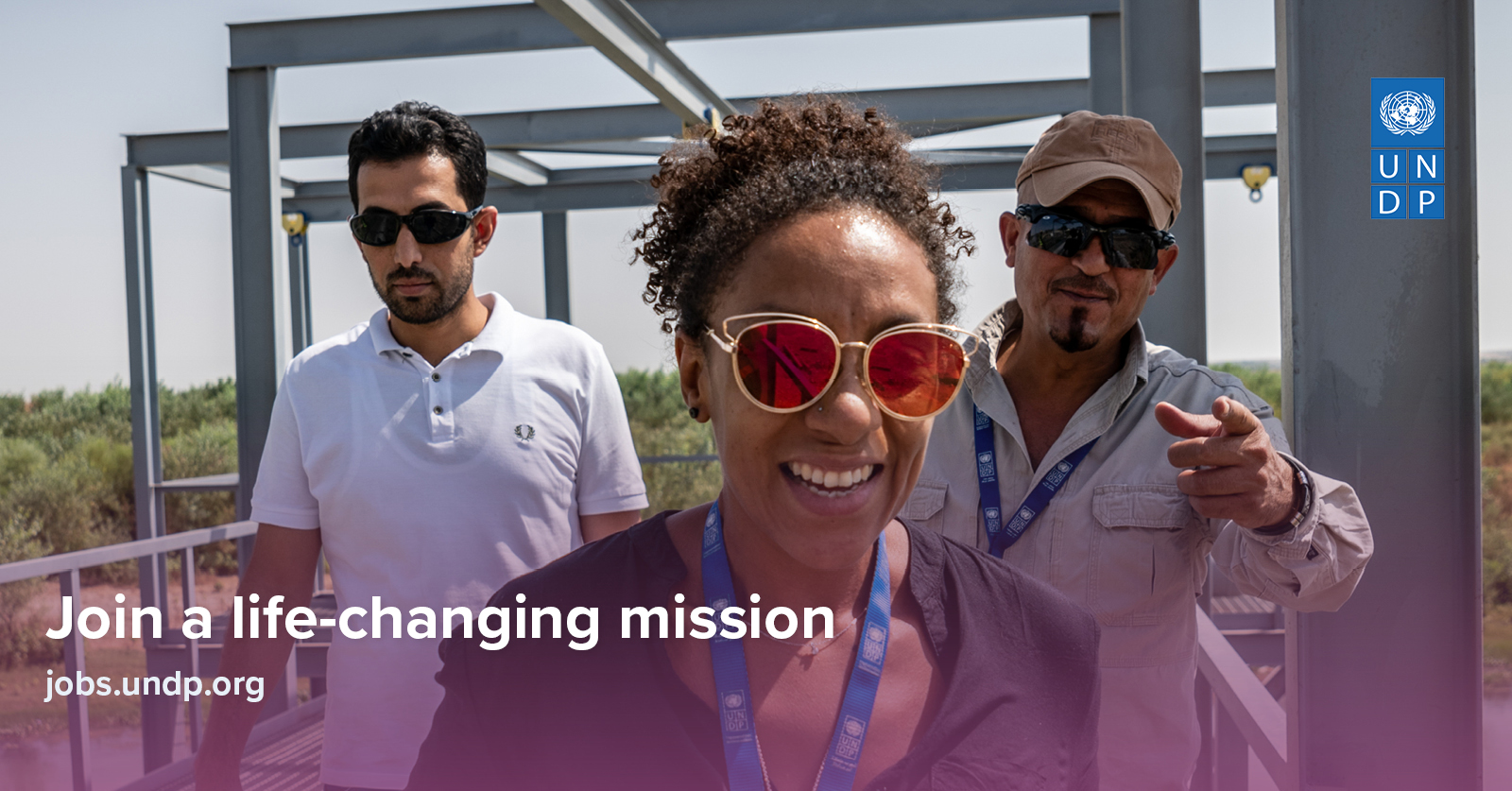
The long-term economic vision for the Republic of Kazakhstan, as embodied in the Strategy “Kazakhstan-2050” calls for accelerated transition to a low-carbon economy, i.e. an economy characterized by low fossil fuel consumption and low environmental impact. It is widely understood that an important element of the transition to a low-carbon economy is implementation of the energy efficiency policy and wide application of renewable energy sources (RES).
UNDP has been supporting the Government of the Republic of Kazakhstan in designing, developing and implementing an array of GEF and other donor-funded projects in natural resources management and climate change mitigation and adaptation area.
The UNDP-GEF “Nationally Appropriate Mitigation Actions (NAMA) for Low-Carbon Urban Development” Project (NAMA Project) is a $5.93 million USD project which focuses in making investments in energy efficiency more attractive in Kazakhstan. The NAMA Project is implemented in close cooperation with the Ministry of Industry and Infrastructure Development of Kazakhstan. The definition of NAMA being used by the Project is about any investment into clean energy that reduces greenhouse gas emissions, regardless of whether it has international support or not.
One of the main outcomes of the UNDP-GEF Project is the facilitation of financing for urban NAMAs through the creation and operationalization of a dedicated fund. After two years, the NAMA Project concluded that creating its own financial support mechanism (FSM) was not feasible and instead it was decided to cooperate with an existing FSM, which is implemented by the DAMU (https://www.damu.kz/en/). The UNDP and DAMU cooperation in the provision of financing support to urban NAMA projects is embodied in the new FSM. It was launched in October 2017 and was running now for over three years. Over the period from December 2017 to June 2020, 110 applications for subsidies were received and the results were that 10 of them – rejected as non-eligible, 100 – endorsed. Out of the 100 endorsed projects 37 projects were approved to receive loans by commercial banks and received loan interest payment subsidies. Initial estimates have suggested that that for the 36 projects funded (1 project delayed, 3 projects are still in progress) the lifetime emissions reductions are 660,673 t CO2 (now the estimation is in process of verification).
Building on the experience of the UNDP-GEF Project, the Government of Kazakhstan, and other stakeholders, including financial institutions, such as Astana International Finance Centre and DAMU are interested to further develop the mechanisms of attracting private investments into energy saving projects.
OBJECTIVE
In 2017-2021 years, UNDP-GEF Project supported a number of pilot low-carbon urban projects aimed at energy efficiency and promoting energy conservation (mentioned above, a full list of projects is given in the Annex 1).
These FSM-supported projects have resulted in significant benefits, including reduced energy consumption, utility bills, greenhouse gas emissions, and other benefits such as improved indoor comfort, etc. Among them, the gender aspects of the implemented projects are also important.
Energy is essential for the human environment, considering the needs of women and men are critical to success in energy efficiency. For instance, SDG 7 – “Ensuring universal access to affordable, reliable, sustainable and modern energy for all” is about equal access and benefits for both men and women.
Some important aspects of energy efficiency from a gender perspective:
- Energy efficiency and access to energy (electricity, thermal energy – heating and hot water) determines the performance and quality of life of its users (men and women).
- Energy is used in different ways and meets the different needs of men and women (individual, family, professional, social).
- Energy efficiency and access to energy affects men and women in different ways due to different social roles in family and society, which can be a factor that helps empower women and allows them to be more productive and independent.
Hence the main objective of the consultancy is to conduct a gender assessment of the results of the implemented pilot low-carbon projects in Kazakhstan, supported by the UNDP-GEF Project under the financial support mechanisms to stimulate investments in energy efficiency of urban infrastructure in the Republic of Kazakhstan.





